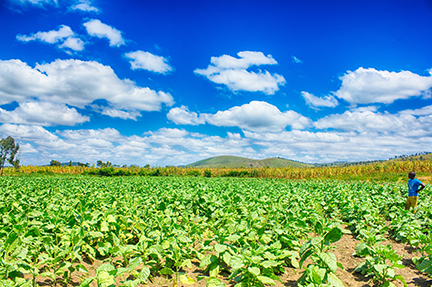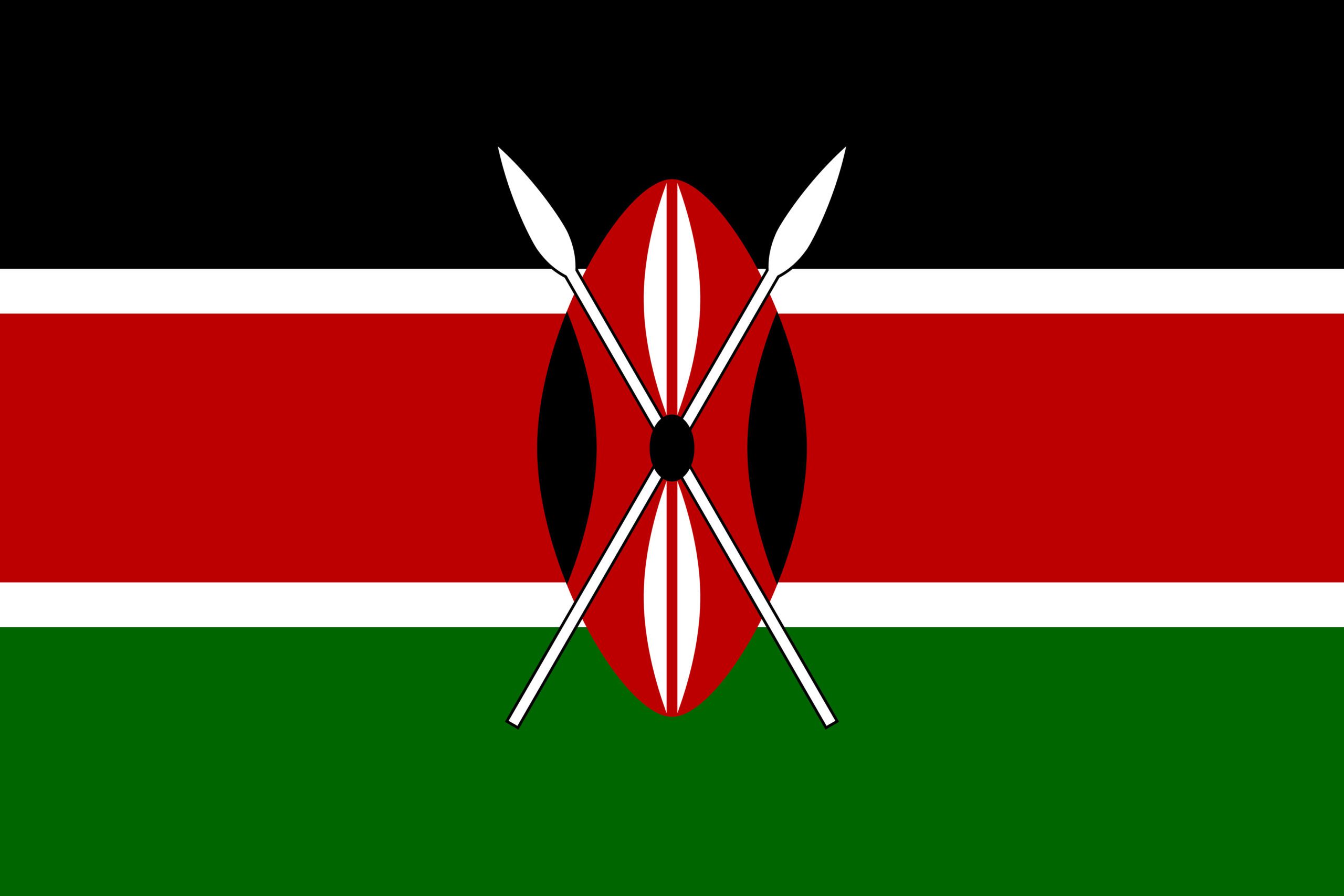Philip Morris International (PMI), called for the removal of all obstacles preventing the eradication of smoking in the African continent. The call, made in line with the company’s Tobacco Harm Reduction Program, specifically seeks governments’ policies and actions that are based on current scientific findings, rather than traditions, emotions, and skepticism.
Speaking at the 2025 Technovation Conference in Cape Town, South Africa, officials of PMI identified a lack of effective government policies, skepticism, and the absence of communication, among other things, as the bane of a smoke-free future in Africa.
“Innovation has the power to tackle global challenges and, when paired with policy changes, can drive meaningful solutions to worldwide issues,” PMI’s Vice President, Communications and Engagement, Tommaso Di Giovanni said. “However, skepticism toward innovation often results in missed opportunities and stalls progress.”
“I think the question we need to ask ourselves is not whether and why, but how Africa should proceed further,” said Andrea Gontkovicova, PMI’s Vice President for Corporate Affairs in the region. “What is the role that we want to take together so that the adult smokers who would otherwise continue smoking are given the information, are given the choice, and are given the products which are significantly better?”




